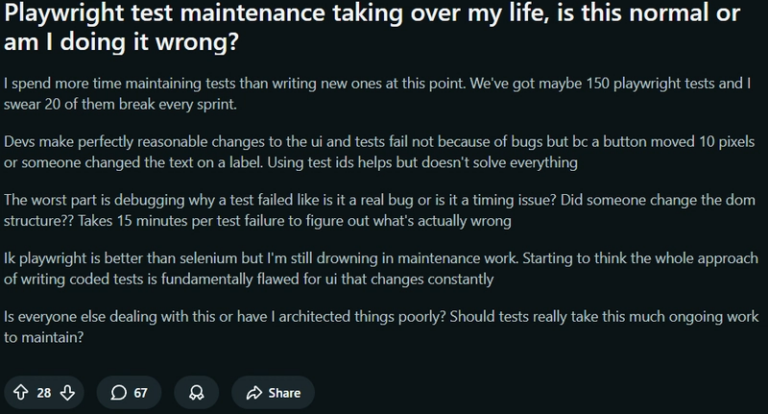How Docker MCP helps discover containerized MCP serviers
Docker has launched the Docker MCP Catalog and Toolkit in beta to address key challenges in the Model Context Protocol (MCP) ecosystem for AI agents. Here’s what’s new:
Docker MCP Catalog
The Docker MCP Catalog is now integrated into Docker Hub and serves as a centralized discovery platform for MCP servers. It features over 100 curated, containerized MCP servers from trusted partners including Stripe, Elastic, Heroku, Pulumi, Grafana Labs, Kong Inc., Neo4j, New Relic, and Continue.dev. The catalog makes it easy to find official, trustworthy MCP tools in one place rather than searching across fragmented registries and community lists.
Container MCP Approach
By packaging MCP servers as Docker containers, the solution eliminates common deployment challenges like runtime setup, dependency conflicts, and environment inconsistencies. Containers provide built-in security features, isolation, and sandboxing that traditional MCP installations lack. This containerized approach also enables better protection against emerging threats specific to MCP servers, such as Tool Poisoning and Tool Rug Pull attacks.
MCP Toolkit Features
The MCP Toolkit, available as a Docker Desktop extension, provides:
- Simple Installation: One-click setup and management of MCP servers
- Secure Authentication: Built-in OAuth support and secure credential storage, eliminating the need for plaintext environment variables
- Client Integration: Seamless connection to popular MCP clients like Gordon (Docker AI Agent), Claude, Cursor, VSCode, Windsurf, Continue.dev, and Goose
- Enterprise Features: Access control, policy enforcement, and audit capabilities
Key Benefits
The containerized MCP approach solves three major pain points in the current MCP ecosystem: fragmented discovery of trustworthy tools, complex installations with dependency conflicts, and inadequate security with full host access. Docker’s solution provides a secure, scalable foundation that inherits Docker’s trusted container security model while simplifying the developer experience for building AI agents with external tool integrations.
The beta is available now through Docker Desktop’s extensions menu, with plans to expand enterprise features and enable custom MCP sharing through Docker Hub.

